Additional Support for Learning review - action plan: third progress report - easy read
Progress report from the Scottish Government and COSLA providing an update on work undertaken since November 2022 and summarising the actions to be taken to deliver the recommendations from the review of implementation of additional support for learning.
Children and young people’s view
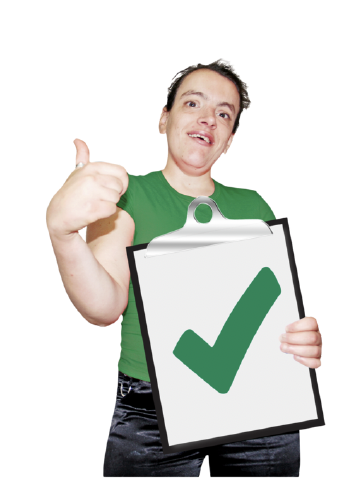
The work on the ASL Action Plan will be done with children, young people and their families.
This will make sure that our policies work well for everyone.
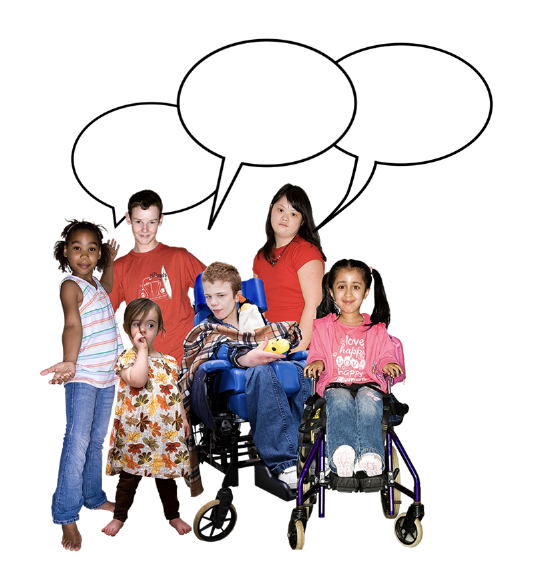
Children and young people must be listened to and involved in all decisions about ASL and in education reviews
The Scottish Government started the Success looks Different Awards to celebrate the achievements of pupils with additional support needs.
Recommendation 1: Vision - what we want to see happen, and Visibility – making sure that ASL is included and seen as part of education
9 of the actions in this area have been done.
The work that has been done is:
- a new Additional Support for Learning Network - people from education services who meet 3 times a year to support and give information to the ASL Project Board
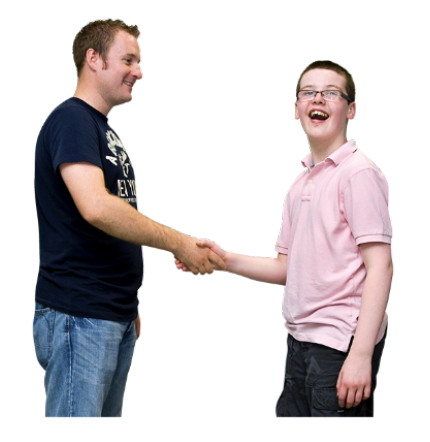
- ASL Project Board members have worked with partners to make a note of policies about ASL
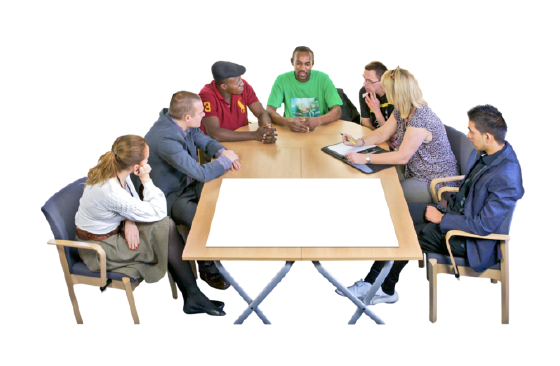
The Scottish Government will work with Education Scotland to tell:
- colleagues
- children and young people with additional support needs
about the ASL Action Plan.
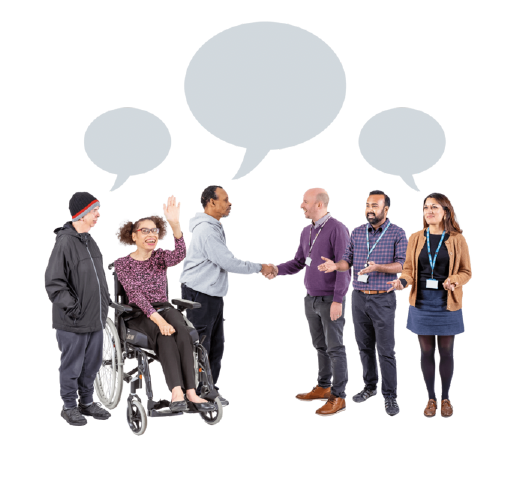
- the National Improvement Framework (NIF) shows how education services in Scotland will be made better
A framework is a plan or set of rules for deciding how work will happen.

The NIF will link with a new National Measurement Framework (NMF) for ASL.
The new framework will show the achievements of children and young people with additional support needs.
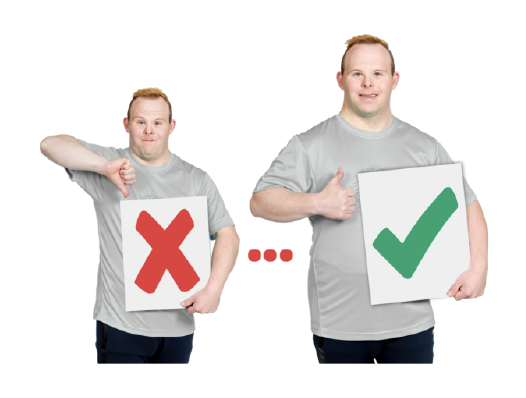
- a group will work on the National Measurement Framework with Education Scotland and the Scottish Government
They will make a paper for the ASL Project Board members to look at.
The information will say how they think the Framework should be developed.
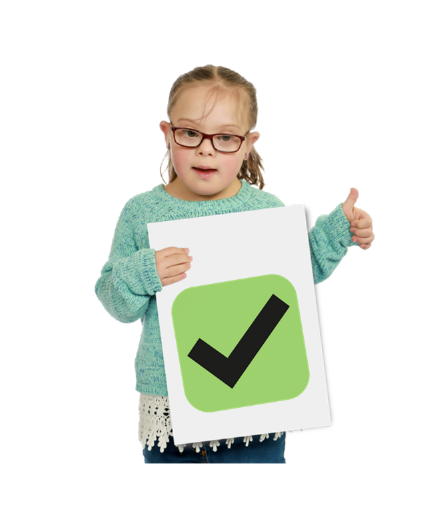
- the National Pupil Support Staff Working Group makes sure that all local council staff can be part of how engagement was developed and delivered

Engagement means communicating with people to find out what they think and what their experiences are.
A report about the engagement is online at: education.gov.scot
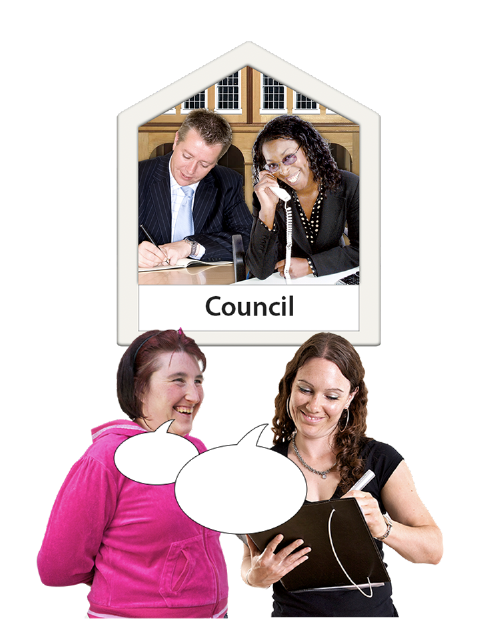
- work is being done to look at how pupil support staff:
- can be registered
- have standards
- can get a qualification
Recommendation 2: Mainstreaming and inclusion – making sure that ASL is included when decisions are made about education
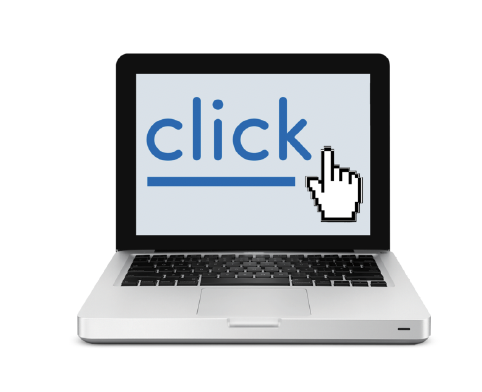
2 of the actions in this area have been done.
The work that has been done is:
- the ASL Action Plan is linked to the work of the Scottish Education Council

- we have made the governance of the ASL Action Plan stronger
Governance is the rules about ways of working and how decisions are made in an organisation.
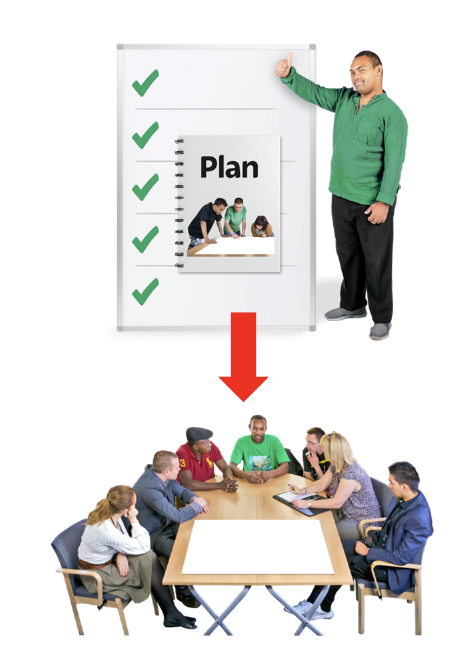
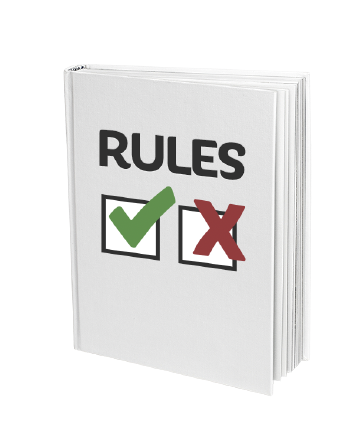
It makes sure:
- we are clear, honest and open about how we do our work
- Government Ministers and our partners are responsible for the work in the plan
- the plan can be checked to see if it is working well and to decide what work should be done first
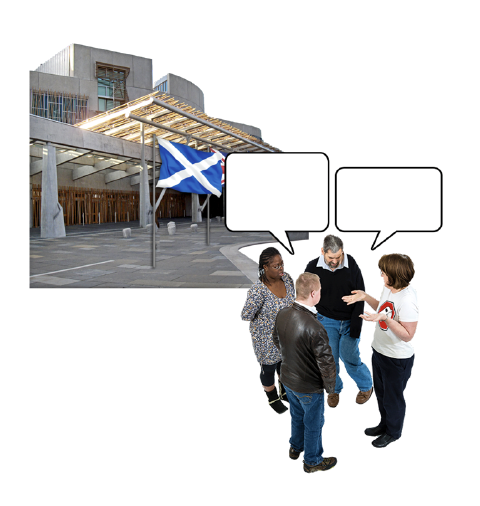
The ASL Project Board meets every 2 months to:
- look at how well work is going on the ASL Action Plan

- share the information with partner organisations and use it when we make decisions about policies

- there was a review of qualifications and
exams and a report was published in June 2023
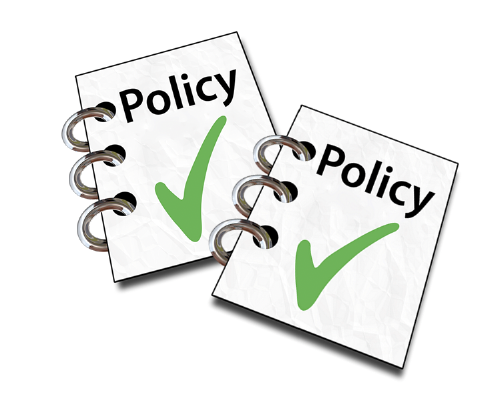
Children and young people with additional support needs were involved in the review.
The report’s suggestions about what should happen next are still being thought about.

Audit Scotland will do an audit of Additional Support for Learning.
An audit checks the work of an organisation.
Recommendation 3: Policies must work well together
imghere
6 of the actions in this area have been done.
The work that has been done is:
- it is easier to see the information and support that is available on the webpages about ASL at: gov.scot

The ASL Project Board are looking at how to best share this information with local councils and schools.

- the Association of Directors of Education in Scotland (ADES) has included additional support for learning in its leadership programme
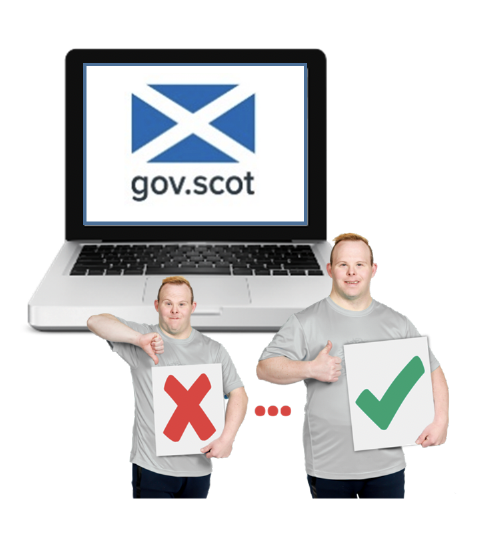
- Education Scotland launched their Inclusion, Wellbeing and Equalities Professional Learning Framework in December 2023
It supports anyone working with or supporting children and young people in education.
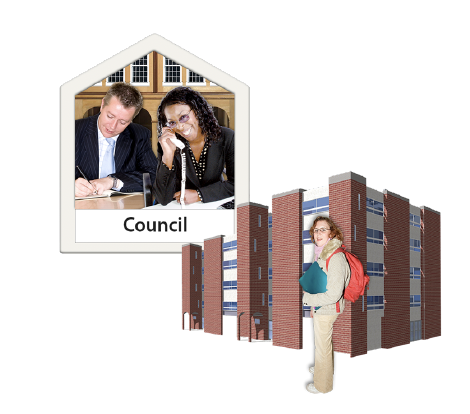
The ASL Project Board want to make sure that children’s rights are at the centre of the work in the ASL Action Plan.
We will look at how putting the UNCRC into Scottish law would affect ASL work.

The United Nations Convention on the Rights of a Child (UNCRC) protects human rights for children.

- the Scottish Government continues to fund and support the Young Ambassadors for Inclusion (YAI)
The Young Ambassadors are a group of pupils from across Scotland who have additional support needs.
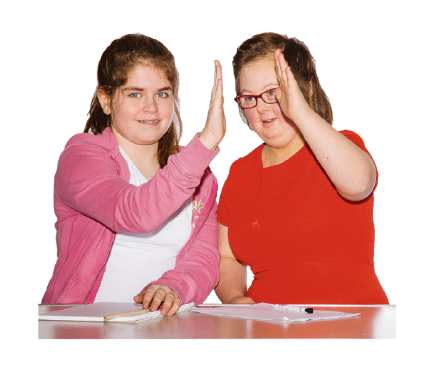
They support work on the ASL Action Plan and on education policies.
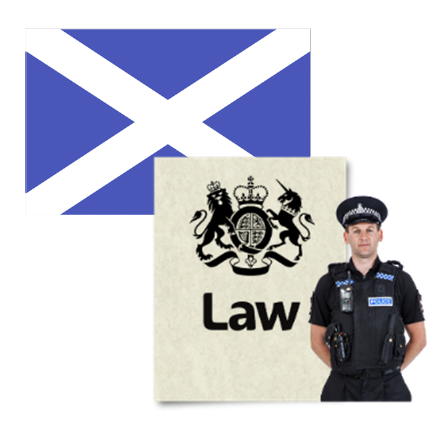
- Education Scotland makes sure it listens to children and young people with additional support needs when they make decisions about their work
A new National Parental Panel will support ways for parents and carers to be involved and listened to when new ASL policies are made
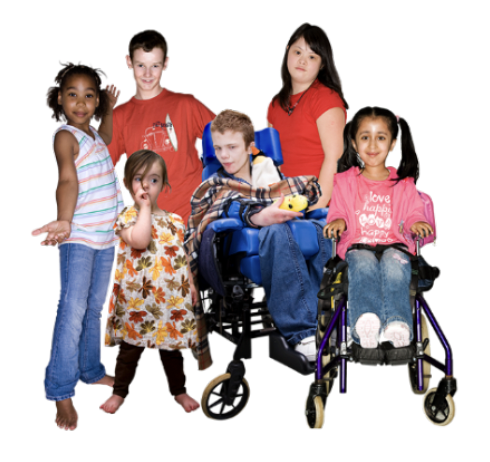
The ASL Project Board will work with this panel when it starts.
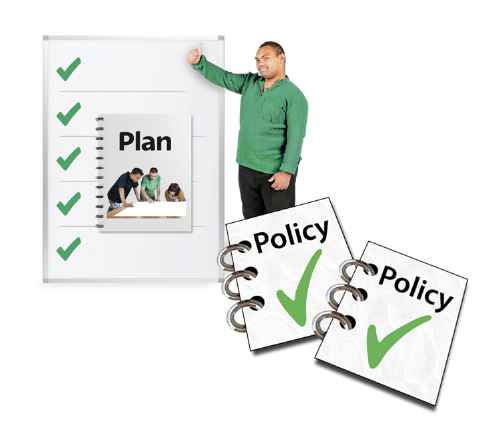
- local councils are being encouraged to start parent groups for people who have children with additional support needs
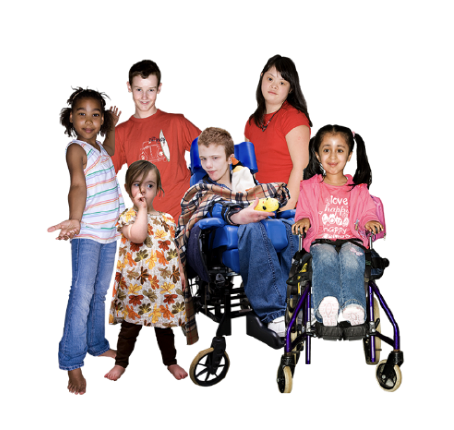
- the ‘Learning Together’ National Action Plan was published in December 2023
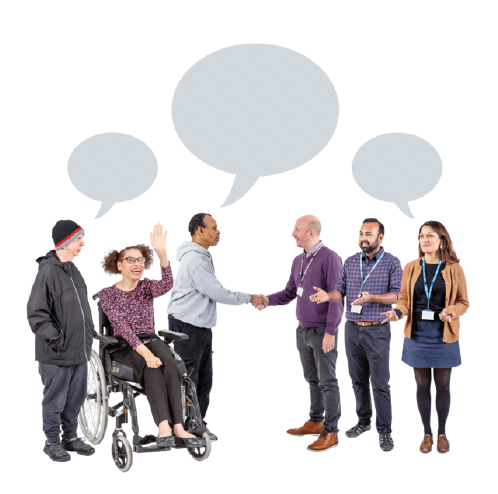
ASL Project Board members are deciding:
- how to share the plan with councils and schools
- how to check if the plan has changed things
- ASL Project Board members are making a letter for all local councils to:
- set out the existing organisations and resources that are in place to support additional support for learning
- explain plans to make this better over the next 12 months
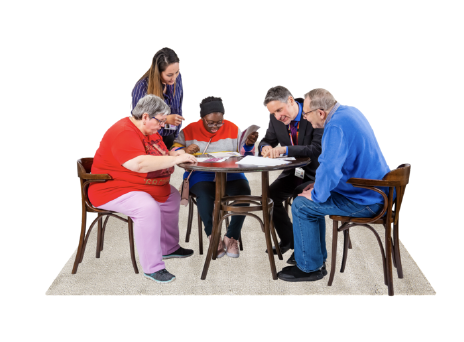
Recommendation 4: Resources – working with Audit Scotland and Grant Aided Special Schools
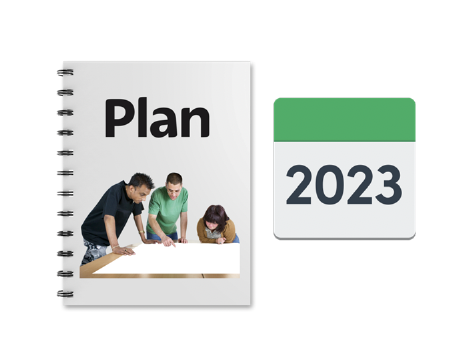
None of the actions in this area have been done.
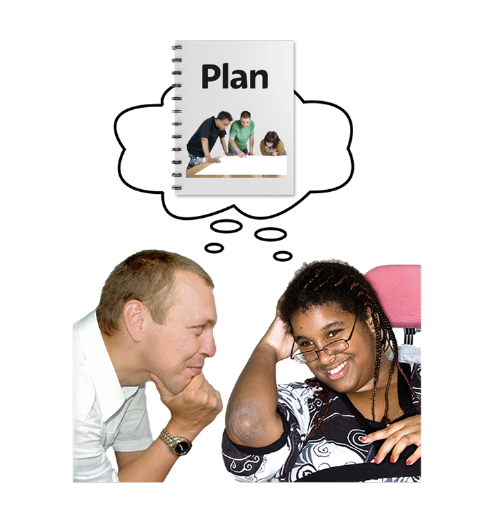
The work that has been done is:
- the ASL Project Board will look at the Audit Scotland report in connection with how the work in the ASL Action Plan is done
- Education Scotland has a National Complex Needs Network (NCNN) which has members from all 32 local councils
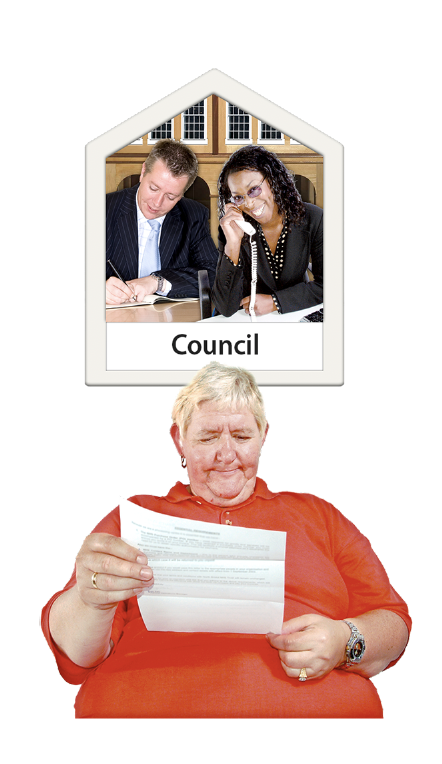
It works with partners to make resources about supporting complex additional support needs and how they are assessed.

- The Inclusion, Wellbeing and Equalities Professional Learning Framework gives staff information and learning about ASL
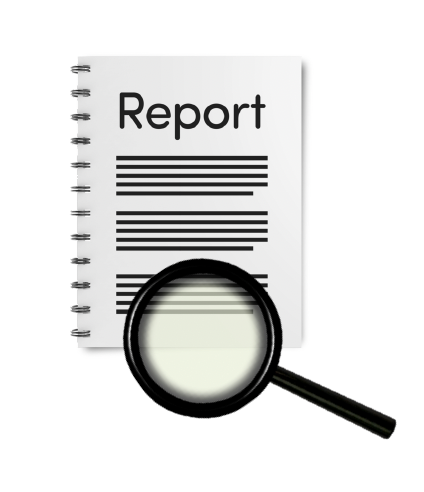
- the ASL Project Board is looking at how local commissioning can give better support for children and young people with additional support needs
Commissioning decides what services are needed and how they are delivered and checked.
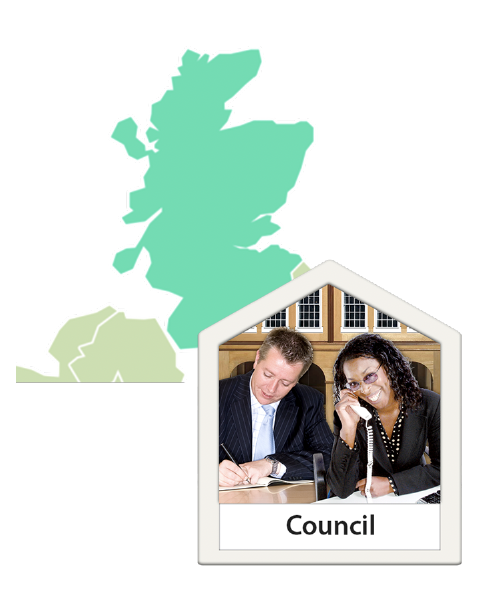
Recommendation 5: Workforce development and support - Teacher education and development and Pupil Support Assistants
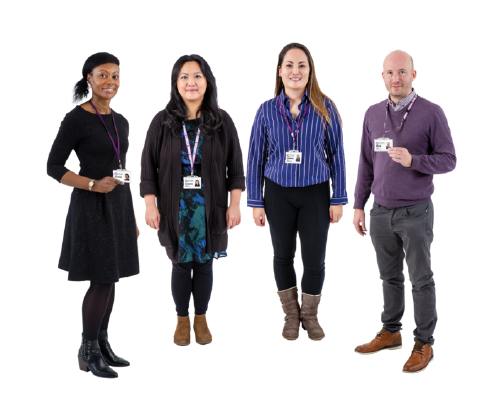
11 actions in this area have been done.
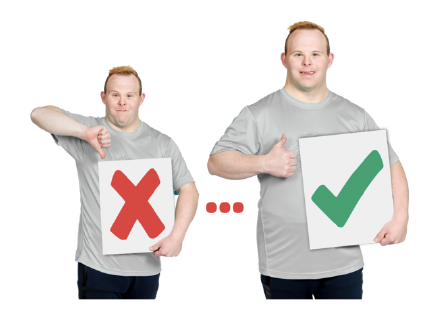
The work that has been done is:
- the Scottish Government has started a working group to look at how pupil support staff can be registered and get qualifications
- in 2021 the Pupil Support Staff Professional Learning Framework was written by Education Scotland

- the General Teaching Council for Scotland (GTCS) checked and changed their Professional Standards for Full Registration in 2021 to include additional support needs
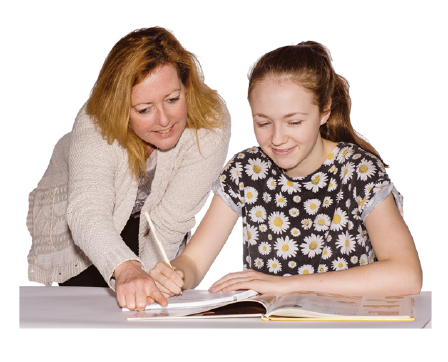
- the Framework for Inclusion at: gtcs.org.uk was checked and changed to reflect the new GTCS standards
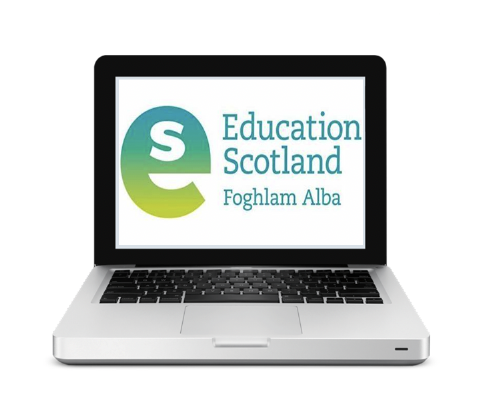
- the ASL Project Board is checking what learning about ASL is available across Scotland at a national, local, and school level
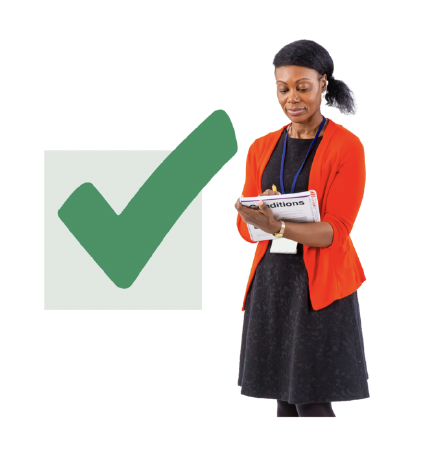
- there is now a section about additional support needs in the SQA’s Next Generation Higher National Childhood Practice Award
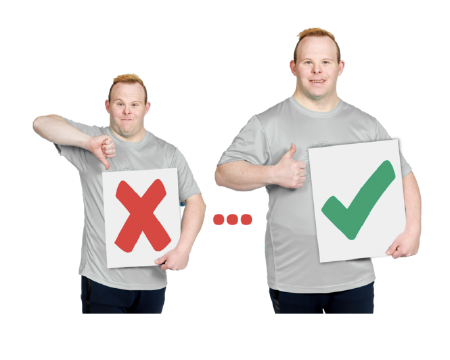
This qualification is for people who work in early learning and childcare (ELC).
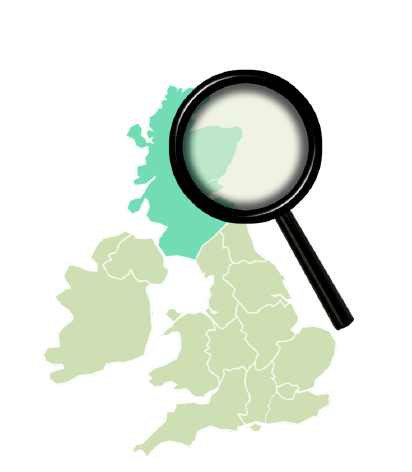
The ASL Project Board will check how well this works and what should happen next.
- there are new ways to find support, learning and resources about ASL and children’s speech, language, and communication development
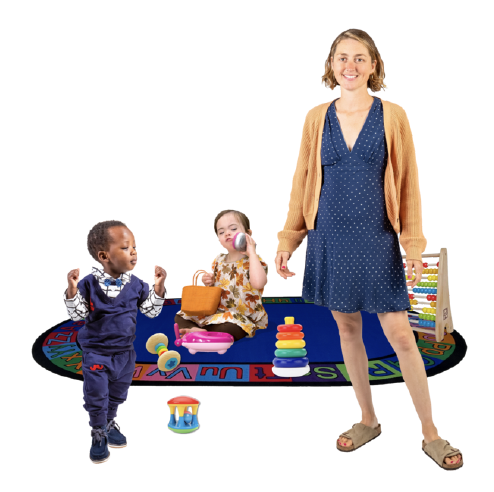
- there will be new money over the next 2 years for work to support early speech and language support for children and their families
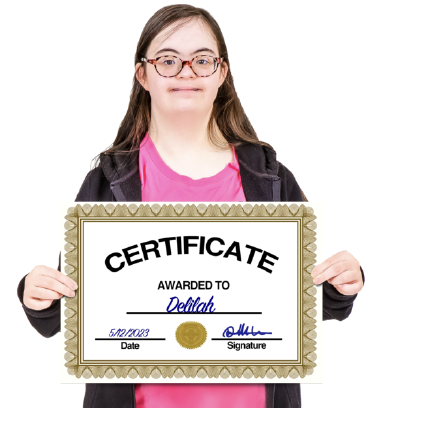
- the Scottish Government has funded 2 projects and recruited 6 Early Language and Communication Lead staff to:
- encourage organisations to work together to make things better for children from before they are born to when they start primary school
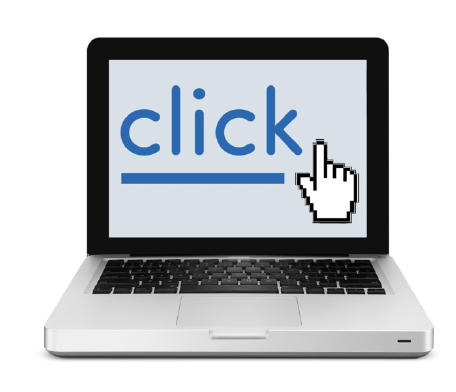
- make new resources for speech, language, and communication development in young children

- look at what is working well, what is missing and to share information about this
the Scottish Government continues to support young children’s speech and language development through national programmes like Play Talk Read and Bookbug
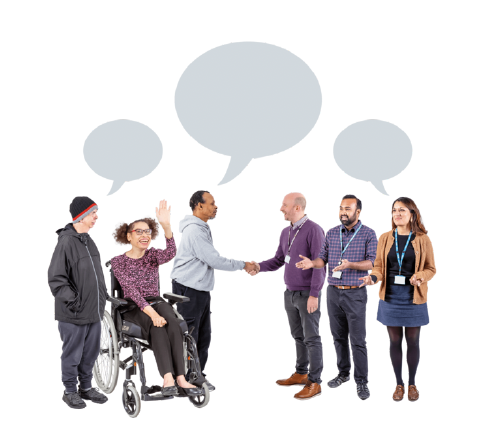
ASL Project Board members will check how well this is working and what learning and development may be needed for staff.
Recommendation 6: Relationships between schools and parents
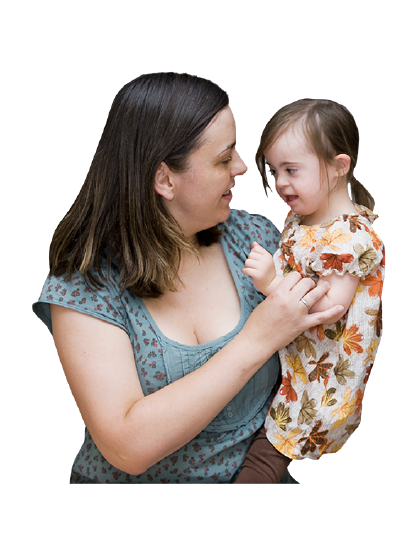
7 of the actions in this area have been done.
The work that has been done is:
- Education Scotland are working with ADES on improvements to education

7 out of the 32 local council areas have a focus on ASL.
- the Scottish Government has included information advice about ASL in Read, Write, Count packs.
These are given to every child in Primary 2-3 in Scotland.
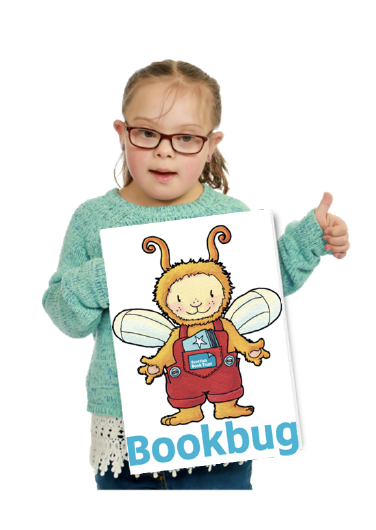
- the ASL Project Board:
- are checking the resources that are given to all families to see if they can be changed to include ASL information
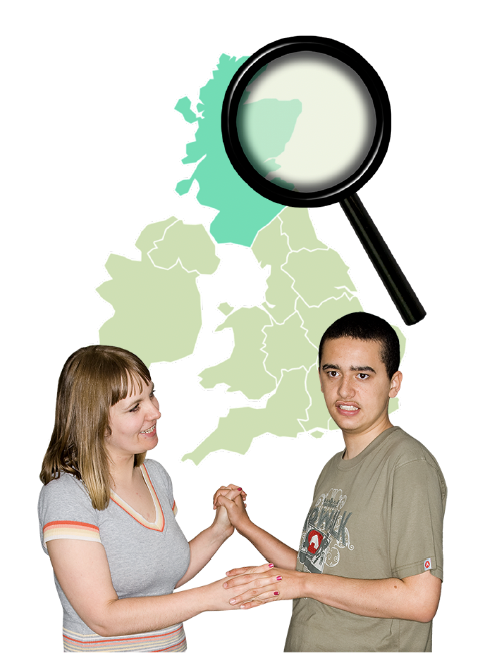
- have worked with the Parent Club who have published a Family Support Directory that includes ASL information
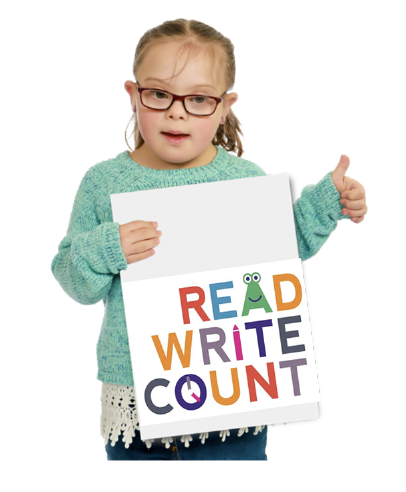
- a Principles into Practice Framework has been started
It aims to improve the experiences of children and young people with additional support needs when they move:
- from primary to secondary school
- out of foster care
- or into young adult life
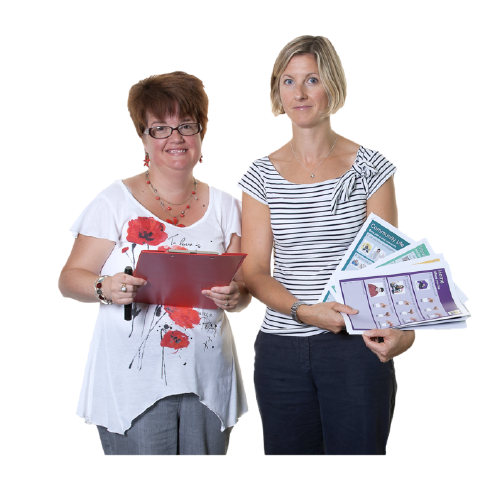
The ASL Project Board members will check if this is working well.
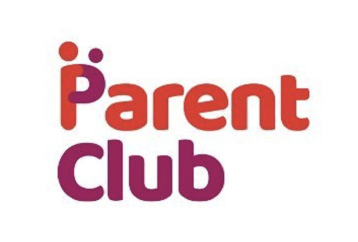
- The Scottish Government continue to fund:
- the Enquire advice service for ASL
- ‘Let’s Talk ASN’ - advocacy and legal advice
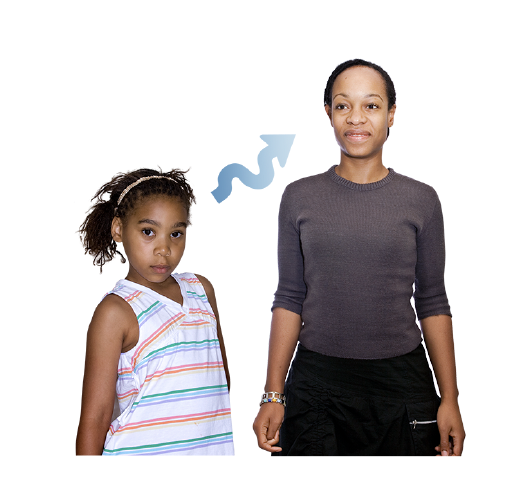
- ‘My Rights, My Say’ - supports children aged 12 to 15 to be fully involved in decisions about their education and to get their rights under the ASL Act
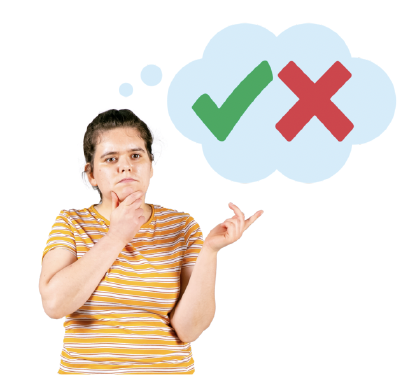
Project Board members are making a communications strategy to make sure education staff know about these services.

Mediation is a way to bring 2 sides together when there is a disagreement.
The ASL Project Board are:
- noting down who provides mediation services across all the local councils
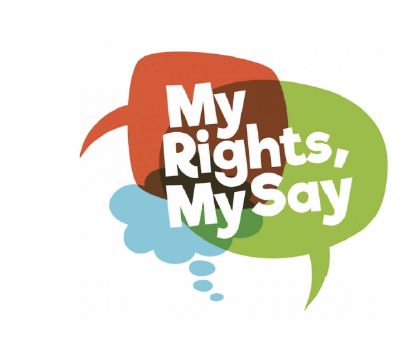
- making sure the information is on the Enquire website and it is easy for parents and carers to find it
Recommendation 7: Relationships and behaviour in schools
2 of the actions in this area have been done.
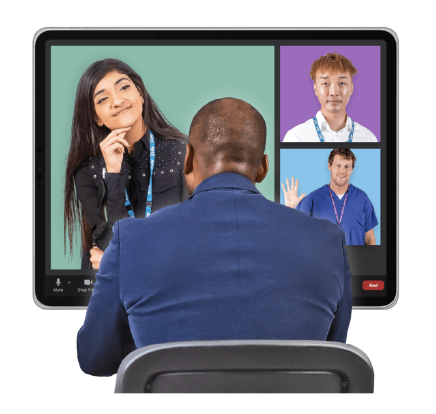
The work that has been done is:
- ASL Project Board members worked with the Scottish Advisory Group on Relationships and Behaviour in Schools (SAGRABIS) to review their terms of reference

Terms of reference explain the work of a group and how it will be done.
Their terms of reference now include the development of ways to make education a happier experience for children and young people with additional support needs.

- some SAGRABIS members are part of the ASL Project Board
- some ASL Project Board members are members of SAGRABIS
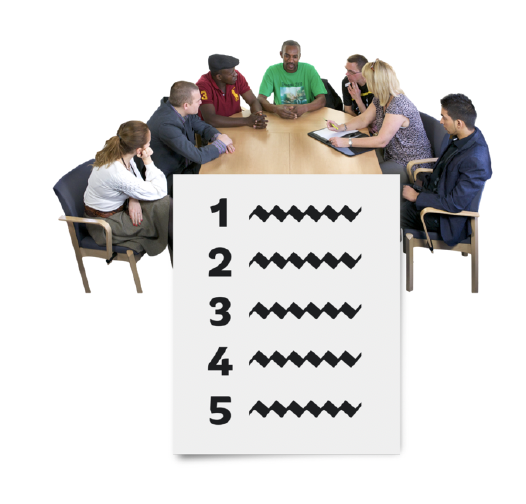
- the ASL Project Board are looking at information from the Behaviour in Scottish Schools Research (BISSR) that was published in November 2023
They will discuss and agree the actions about ASL and how to make the work happen.
Recommendation 8: Understanding rights
1 of the actions in this area have been done.
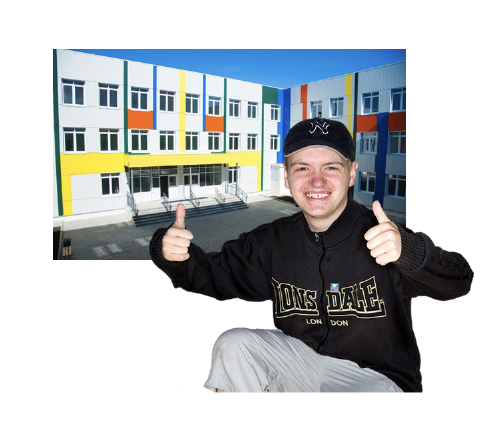
The work that has been done is:
- ASL Project Board members support the development of the GIRFEC Child’s Plan Practice Statement
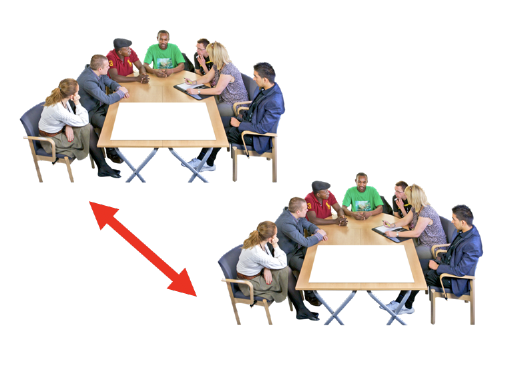
It works along with the GIRFEC guidance and will support staff to use GIRFEC in the way they work.

GIRFEC (Getting it right for every child) is Scotland’s national approach to promoting, supporting, and protecting the wellbeing of all children and young people.
- The ASL Project Board will check and change the Supporting Learners’ Code of Practice
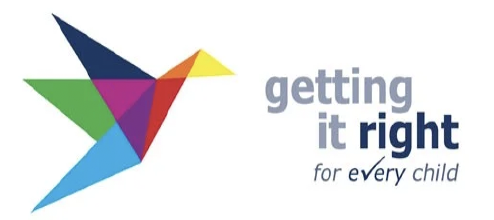
This will make sure that local councils and schools are supported to follow the Education (ASL) (Scotland) Act 2004.
- part 3 of Children’s Services Planning Statutory Guidance will be checked and changed in 2024 to 2025
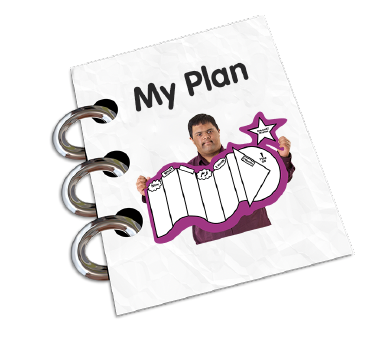
Recommendation 9: ways to check that good ways of working are shared
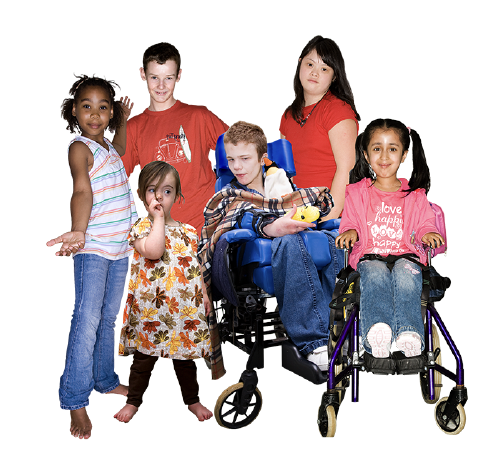
4 of the actions in this area have been done.
The work that has been done is:
- discussions with all Regional Improvement Teams have taken place to tell staff about the ASL review and the ASL Action Plan
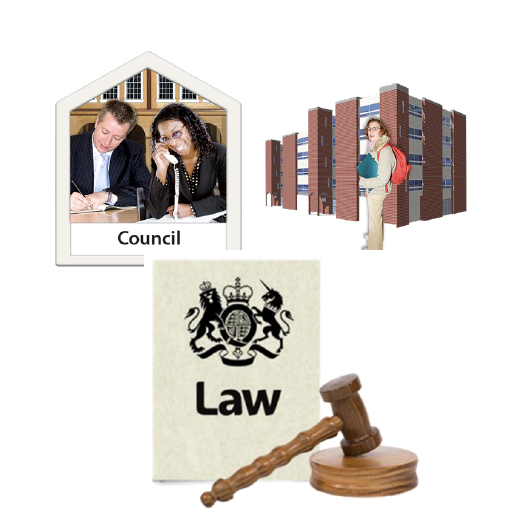
- inspectors check how well schools and centres meet the needs of children and young people who need extra support
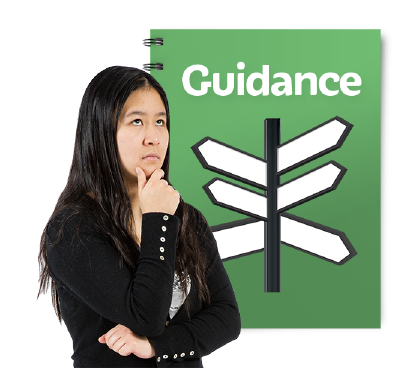
They make sure their inspection work follows what the ASL Action Plan expects.

- ASL Project Board members continue to communicate with teachers and ELC practitioners to make sure they:
- can get support and advice from other staff when they need it

- know where to find resources and training about ASL
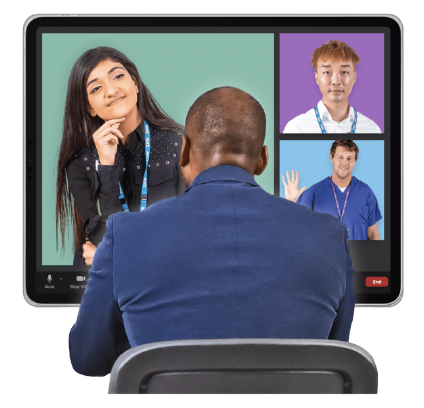
- the ASL Project Board is looking at how local councils and schools use different ways to check if things are improving
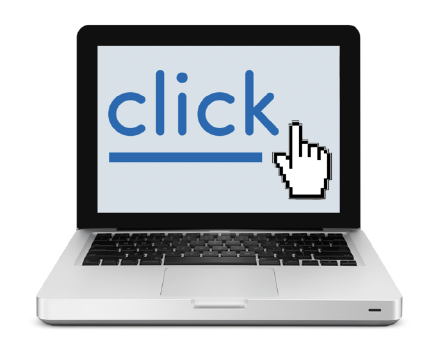
It would be better if everyone checked improvement in the same way.
…and finally
We know that work on the ASL recommendations will take time.
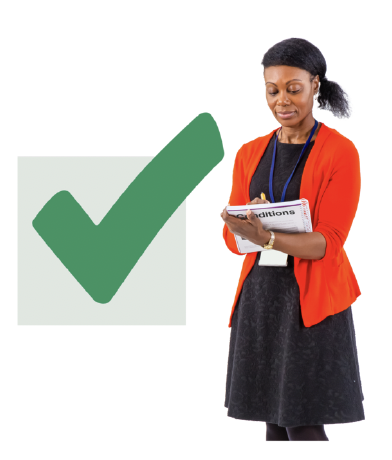
It will make sure there is meaningful change for children and young people.

The ASL Project Board has 3 priority areas for the next 18 months:
1. communication
2. the National Measurement Framework
3. check and change the Code of Practice
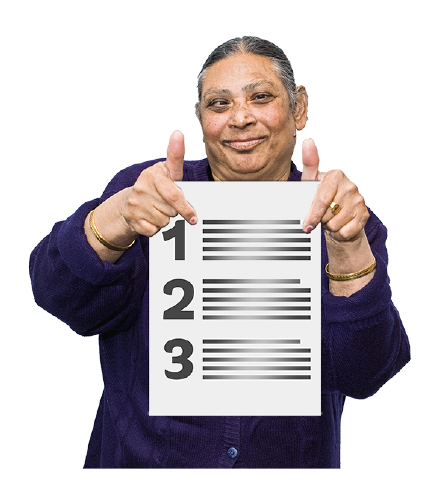
The ASL Project Board and the ASL Network will keeping meeting over the next 18 months to:
- make sure work is done on the rest of the actions in the ASL Action Plan
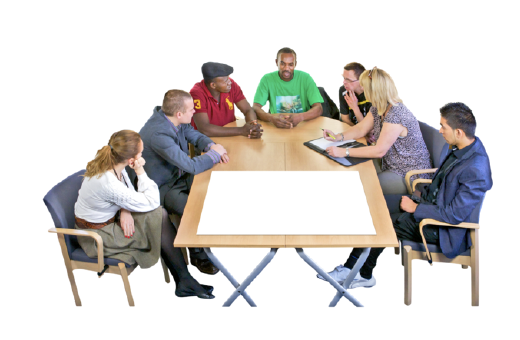
- to make sure people know that the work is making a positive difference
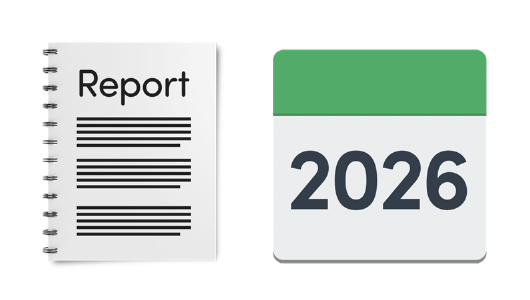
The next Progress Report will be published in March 2026.
Contact
Email: supportinglearners@gov.scot
There is a problem
Thanks for your feedback